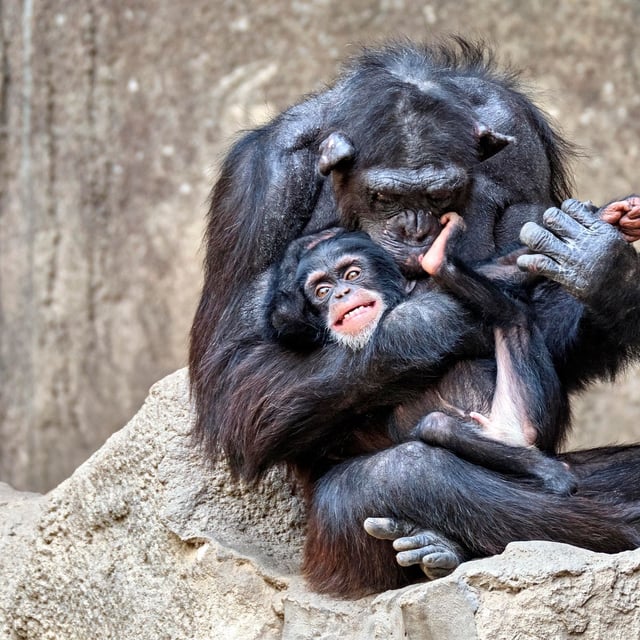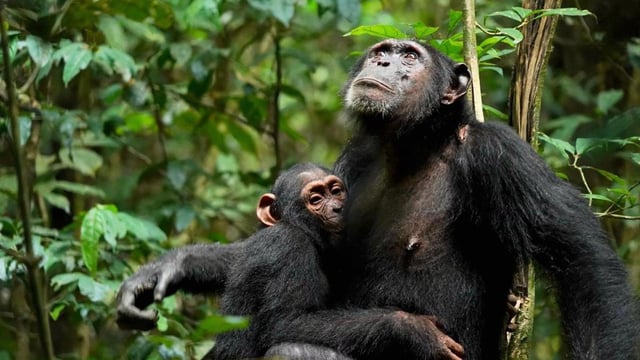Overview
- A four-year study of 50 wild mother-infant chimpanzee pairs in Ivory Coast found no cases of disorganized attachment, a pattern linked to trauma in humans and captive chimps.
- The research, published in *Nature Human Behaviour*, shows parallels between attachment types in wild chimpanzees and humans, with secure and avoidant bonds observed in both species.
- Disorganized attachments, present in 23.5% of human children and 61% of captive or orphaned chimps, appear selected against in the wild due to survival pressures.
- Researchers analyzed nearly 3,800 hours of observational data, highlighting the potential influence of natural environments on early social development.
- The study prompts questions about modern human caregiving practices, with researchers calling for further longitudinal studies to assess the long-term effects of early attachment experiences.

